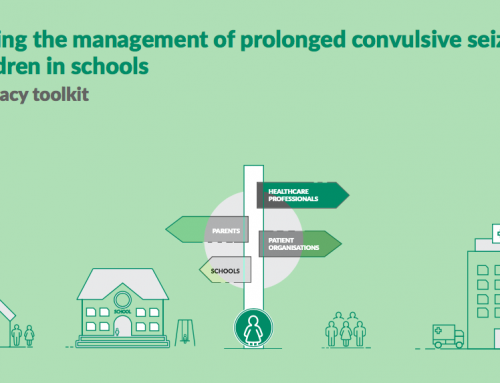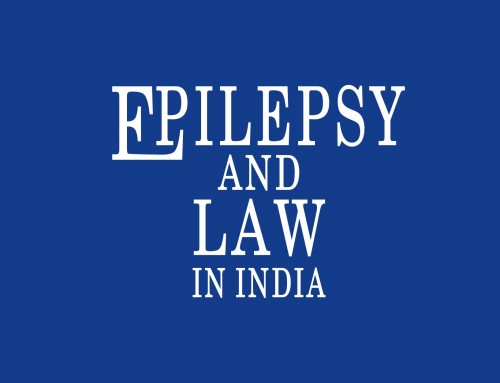Epilepsy Research Priorities in Europe : On Behalf of Epilepsy Advocacy Europe
Joint Task Force of ILAE and IBE in Europe (2009 – 2013) :
Emilio Perucca, Mike Glynn, Michel Baulac, Hanneke de Boer, Christian Elger, Reetta Kälviäinen, Ann Little, Janet Mifsud, Asla Pitkänen
Summary
The European Forum on Epilepsy Research (ERF 2013) took place in Dublin from the 26th – 29th May 2013. It was designed to provide a platform on how to improve the lives of persons with epilepsy in Europe by influencing the future political agenda of the EU. The forum’s focus was to listen to the researchers and citizens of Europe involved in epilepsy-related issues either as patients or as healthcare providers. As an output, the ERF2013 defined objectives and milestones for the epilepsy community (1) how to strengthen epilepsy research, (2) how to reduce the treatment gap, and (3) how to reduce the burden and stigma of epilepsy.
Background
The European Forum on Epilepsy Research (ERF 2013) was an initiative of Epilepsy Advocacy Europe (EAE), a collaborative joint task force of the International League Against Epilepsy (ILAE) and the International Bureau for Epilepsy (IBE) (http://epilepsyadvocacyeurope.org). The Forum was co-funded by the European Commission’s 7th Framework Programme and hosted in conjunction with the Irish Presidency of the Council of the European Union during the European Month of the Brain. A total of 270 participants from 57 countries, including each of the 27 EU Member States, were present at the Forum. The ERF2013 elaborated further the contents of the Written Declaration on Epilepsy, which had been approved by the European Parliament in 2011 with a large majority of votes (http://www.europarl.europa.eu/sides/getDoc.do?pubRef=-//EP//NONSGML+WDECL+P7-DCL-2011-0022+0+DOC+PDF+V0//EN&language=EN ; Baulac et al., 2012).
The main focus of the Forum had three concepts, each separate but inextricably intertwined. Firstly, possibilities were explored as to how the stigma and social burden associated with epilepsy could be reduced through targeted initiatives at EU, national and regional levels. Secondly, there was a specific focus on access to optimal standards of care, as well as discussion surrounding the appropriate response to epilepsy care in Europe. Thirdly, a clear message was delivered to politicians and policy makers that there is a need for further funding in epilepsy research within Horizon 2020. The topics specifically discussed, as those requiring extra resources, were:
- Epilepsy in the Developing Brain
- New Targets for Innovative Diagnostics and Treatment of Epilepsy
- What is required for Prevention and Cure of Epilepsy?
- Epilepsy and Co-morbidities – Special Focus on Ageing and Mental Health
To read the full report PLEASE CLICK HERE




